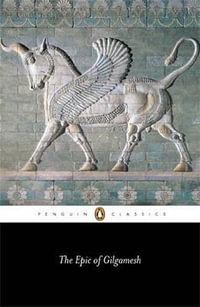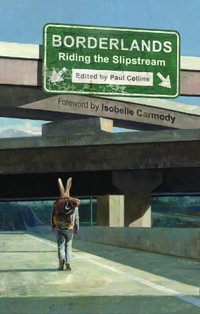Every year, a large number of people living in our towns and cities - the homeless, suicides, illegal immigrants, junkies, drug 'mules', victims of crime and, above all, old people living alone - are found dead. Sometimes, they are not discovered for weeks or months, and it is often hard to ascertain who they are. Their funerals are held without relatives or friends and acquaintances being present; the only people in attendance are the pall-beares, perhaps someone from the Department of Social Services, the cemetery management and the funeral director. In Amsterdam in 2002, the poet and artist F Starik, deeply moved by the desolation of these solitary funerals, initiated 'The Lonely Funeral' project and seven years later in Antwerp, the Flemish poet Maarten Inghels set up a project of the same name. The idea of the project was to establish a network of poets who would write a personal poem for the deceased person based on research into their life and read it out at their funeral as an affirmation of their existence. To date, well over 300 'lonely funerals' have been attended by poets in both cities and volumes of prose and poetry about some of these forgotten lives have been published in Amsterdam and Antwerp respectively.
Arc Publications, together with the Viennese publisher Edition Korrespondezen and the editor Stefan Wieczorek, have made a selection of prose and poems about 31 'forgotten lives' from these two anthologies. What is known of, or can be found out about, each individual's life and manner of death is set out in a moving prose piece which also describes the funeral itself - for the Amsterdam funerals this is written by F. Starik and for the Antwerp funerals by Maarten Inghels - and this is followed by the poem for the deceased, with 20 of the Netherlands' and Flanders' leading poets being represented.
This is by turns a moving, shocking and very necessary volume: poets are not social workers but they do have the power to change attitudes to society's outcasts. These last salutations to people the poet has never known and never will, whose lives at the end were invisible, remind us that we are a community and that we have responsibility for each other, even after death. As F. Starik writes in his preface to the book: "We do not know to whom we say goodbye, so we feel no pain. But everyone - and this is the point - every person deserves respect."
























